Your Clinic
SET A LOCATION
Your Clinic
SET A LOCATION
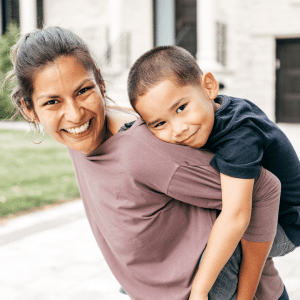
If your child seems delayed in their speech and language skills, or has received a diagnosis such as Autism Spectrum Disorder, it is only natural to be concerned about the type and level of language input they are receiving. For kids with limited language, we are often concerned that too much input, or input in two or more languages, might be confusing and impede their progress. Research in this area has grown substantially over the past several years and the conclusions are surprising.
What are the benefits to teaching my child two languages?
What does current research say?
Increasing research in the field is changing long held beliefs regarding childrens’ language acquisition. Here are just a few examples:
What if my child seems to be struggling?
It is easy to get concerned if your child appears to be falling behind their peers, or seems to lack vocabulary in either English or their home language. Keep in mind that differences in the development of the two languages are normal, and may even out over time.
Is learning two languages going to confuse my child? Evidence from multiple studies demonstrates that children with and without language impairments are capable of becoming bilingual, and demonstrate skills at the same level as their monolingual peers. 4
What if my child is mixing vocabulary from their languages in sentences? Individuals speaking two or more languages, both with and without disabilities, frequently engage in a behavior called code-switching , in which vocabulary words from one language may be included in a sentence that is in the other language. This is a normal process. Code mixing may be the result of a child “borrowing” a word from their other language that has no translation equivalent, that they have not had experience yet using in one language, or because or the context of the situation. 4
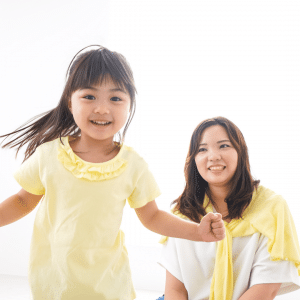
My child can’t pronounce words correctly in either language, is this a problem?
Even typically developing children as old as 7 years may demonstrate patterns of sound errors. These error patterns will be present across languages if similar sounds exist in both languages. If these issues persist late into childhood and interfere with your child’s ability to be understood by friends, family, teachers, and peers, it may be helpful to consult a Speech-Language Pathologist.
What can I do at home?
References
**Adapted from:
The post Bilingualism: Should I Teach My Child Two Languages? appeared first on PPT4Kids.






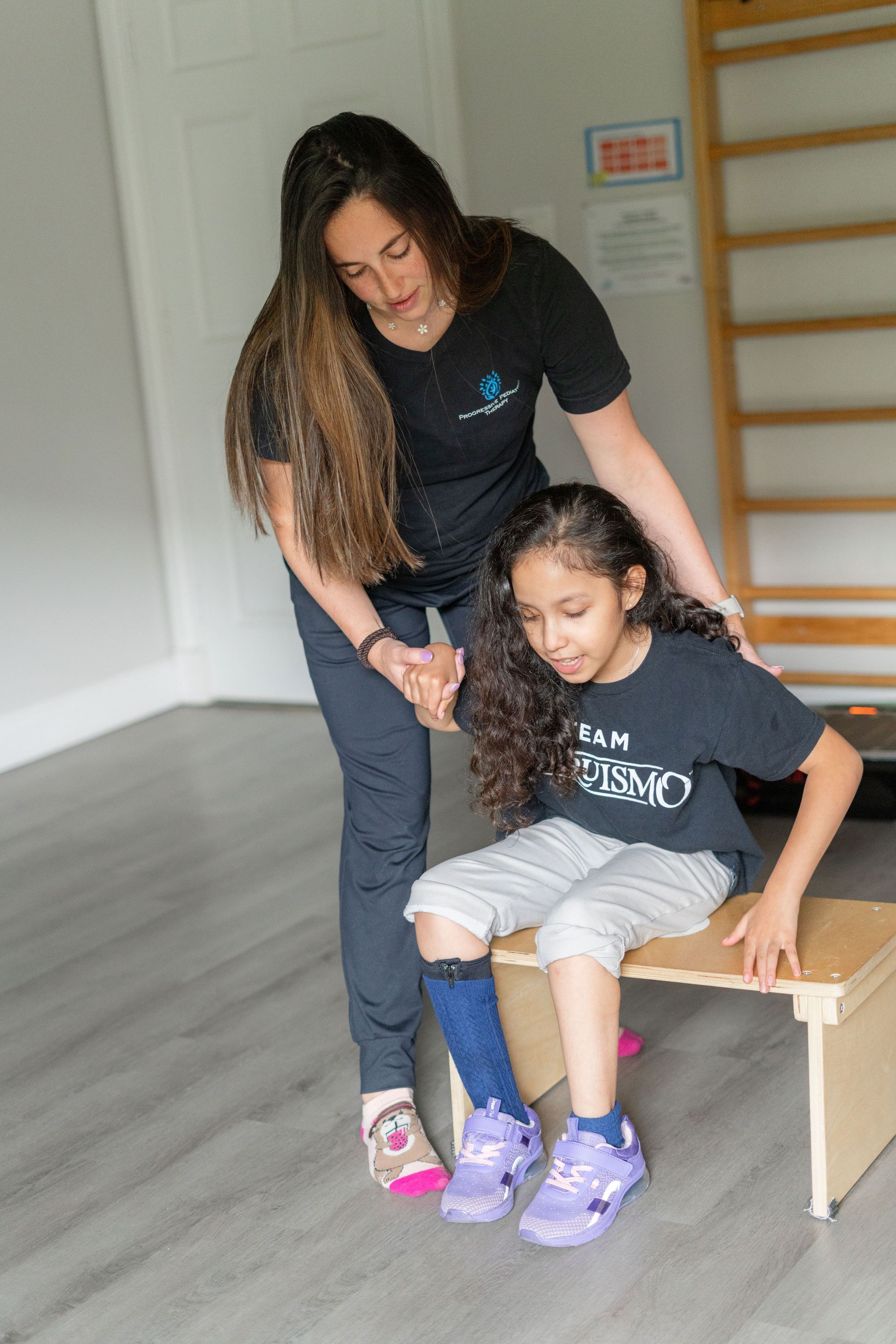
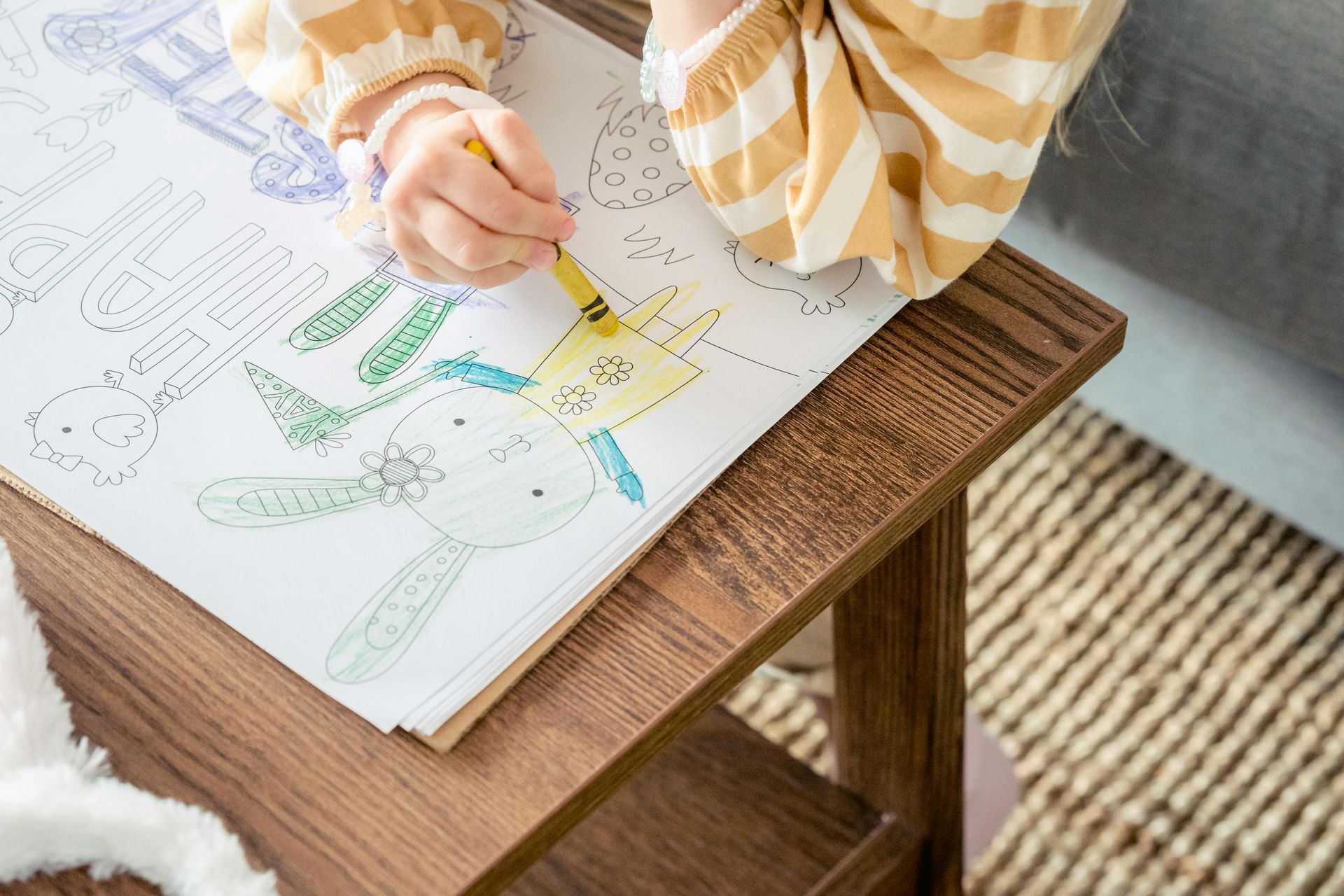
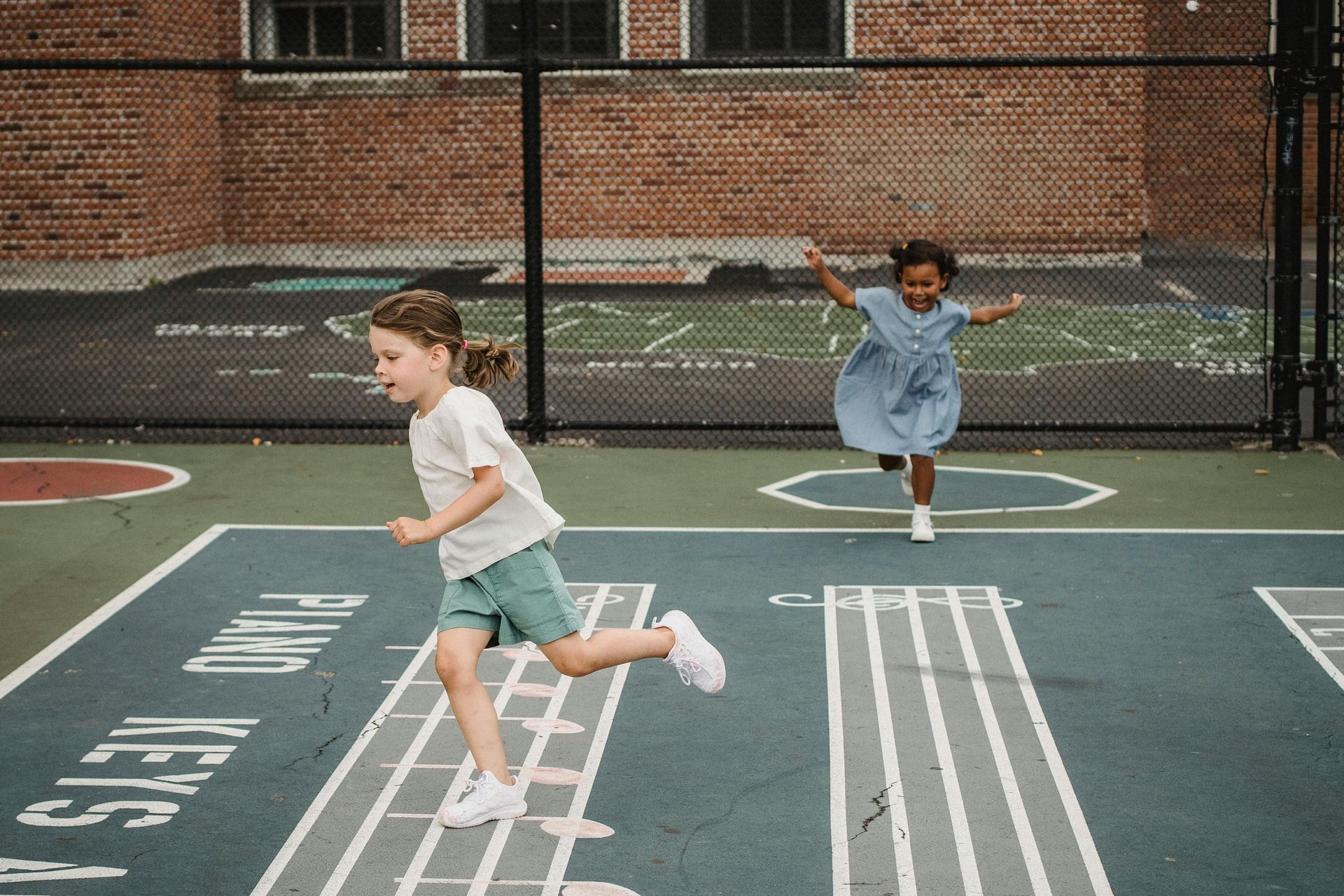
We empower children, families, and the community to learn, grow, and celebrate every child's unique abilities.
Quick Links
Contact Details
Phone: 561-376-2573 | 561-918-0190
Fax: 561-218-4939
VIP Concierge: 561-717-1764
Clinic Locations
All Rights Reserved | Progressive Pediatric Therapy, Inc. | Privacy Policy | Terms of Service
Site by Spearlance